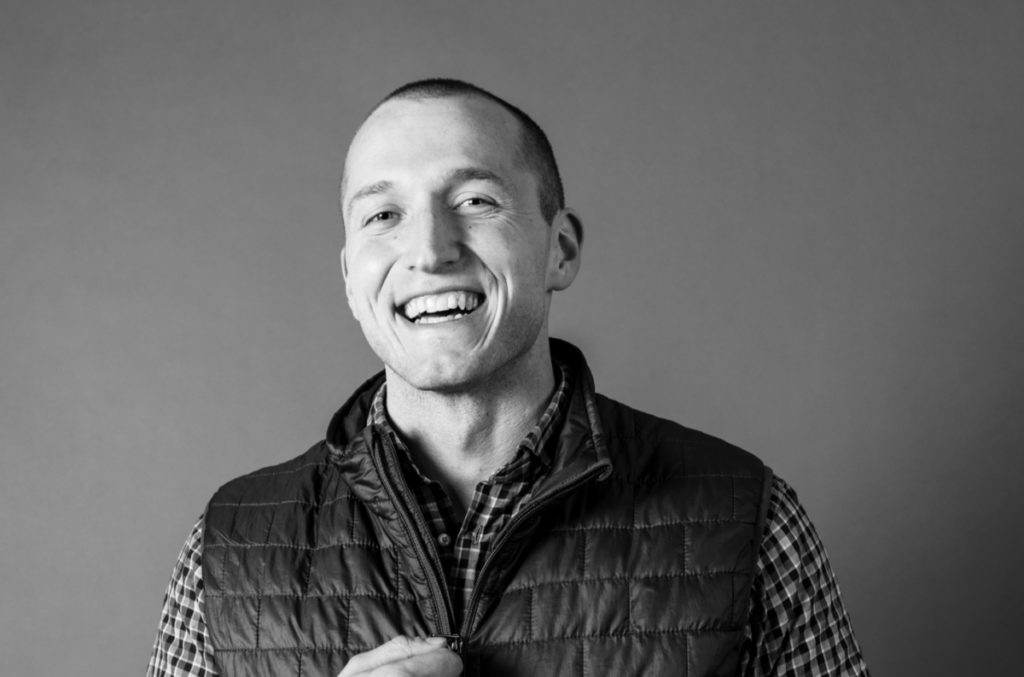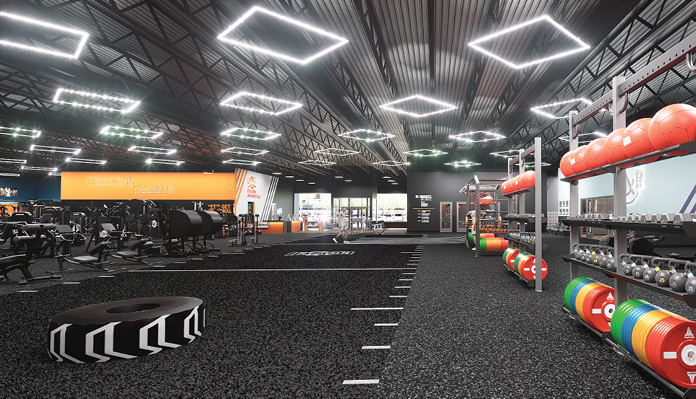In this Q&A, you’ll hear from McConnell Smith of VMG Partners on lessons learned in 2022, trends in at-home fitness and weight management, and why knowing your customer is more important than ever before.
What are your biggest learnings from 2022?
McConnell Smith: Diversification and redundancy are really undervalued. Whether that’s failing to source multiple suppliers, over-indexing on certain marketing tactics, or relying on a single distribution channel, a lot of businesses overprioritized efficiency and cost savings.
This approach works great when everything is running smoothly, but the past few years highlighted how much poorer prepared these businesses are to deal with exogenous shocks — like Chinese manufacturing shutting down or digital privacy policies dramatically changing.
How is the macroeconomic environment impacting dealmaking?
MS: It has definitely been a slower year for transactions. So many deals got done in 2021 that the operating environment this year has been really challenging, debt is harder to get (and more expensive when you do get it), and labor is harder to come by (and more expensive when it’s found).
Facing those headwinds, a lot of businesses that don’t need to raise capital have understandably opted to wait. Great businesses are still able to get deals done, but it’s harder and takes longer, especially if you’re not in that top tier of brands.
What surprised you most in 2022 — what trend or market did you change your mind about?
MS: I would have bet we would have seen more distressed businesses.
While there’s probably a bit of excess capital that’s prolonging the inevitable for certain companies, I think it’s largely a testament to the resiliency of founders that so many brands have been able to weather COVID shutdowns, insane supply chains, record inflation, labor shortages, massive digital marketing changes, and more.
The quality of operators and businesses that have emerged from the past few years has been really impressive to see.
What trends are you most excited about going into 2023?
MS: I think in-person fitness models that are hard to replicate at home will continue to do very well.
Connected fitness has gotten hammered because Peloton and a lot of the other high-profile brands in the space have not been disciplined operators, but it’s hard to dispute that Peloton has shifted a huge chunk of cycling workouts out of studio.
At the same time, it’s really hard to offer the same experience you get in a Pilates class or at a traditional gym virtually, and I think the disproportionate recovery and growth you’ve seen in those verticals will persist.
Weight loss is another really interesting space, one that has come a long way from the peak of Hydroxycut and other stimulant-based supplements.
It’s exciting to see how creative and varied founders have been addressing issues ranging from heart rate and sleep tracking to peptide therapy to blood glucose monitoring to nutritional consulting to personal training.
A lot of these models are still unproven, but I’m hopeful greater access to data, improved technology, and advances in supplement and drug science will unlock much more impactful and sustainable weight loss solutions than we’ve historically seen.
What advice would you give founders facing uncertainty in the current economic climate?
MS: Stay very close to the behavior of your individual business’ consumers, and be ready to react quickly.
It’s easy to get caught up in the constant barrage of news about inflation, impending recession, and negative consumer sentiment. There are certainly headwinds, and you shouldn’t stick your head in the sand, but these are extremely nuanced issues that have widely disparate impacts on different businesses.
Constantly monitoring your consumers’ behavior will enable you to make better, faster decisions and identify opportunistic areas for investment at a time when many businesses are broadly pulling back because of macro uncertainty.






